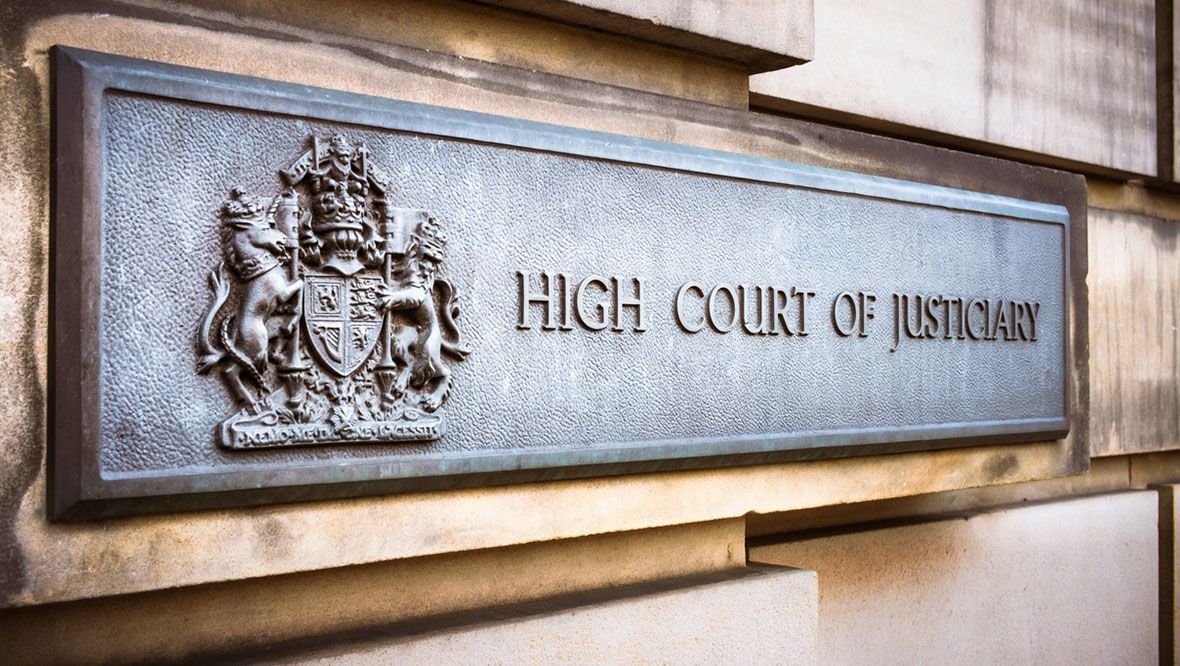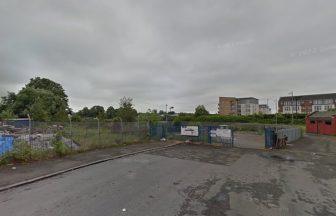MSPs will vote on a landmark bill that could see the not proven verdict abolished in the Scottish courts system.
The Victims, Witnesses and Justice Reform (Scotland) Bill goes to a final vote at Holyrood on Tuesday.
Justice secretary Angela Constance says the abolition of the verdict will happen quickly if it is voted through.
The bill would also make improvements to the victim notification scheme, as well as create what has been called Suzanne’s Law, which would stop killers from being released from prison if they do not reveal where the body of their victim is.
The law is named after Suzanne Pilley, who was killed by David Gilroy in 2010, but whose body has never been found.
What is the ‘not proven’ verdict?
In Scotland, juries can return one of three verdicts: guilty, not guilty, or not proven.
Referred to as the “bastard verdict” by Sir Walter Scott as far back as the 1820s, the not proven verdict is currently used by a jury when there is a belief the defendant is guilty of an alleged offence, but the Crown has not provided sufficient evidence to prove that fact.
The legal effect of a not proven verdict is the same as not guilty – meaning the accused is acquitted and considered innocent in the eyes of the law.
However, the verdict has long been controversial. Critics argue it can confuse juries and the public, while also leaving a stigma on the accused by seeming not to fully clear them. Some also say it can deny closure for victims.
Supporters contend that not proven provides an extra safeguard for accused people by making sure a conviction is not secured where jurors still have doubts.
The Law Society of Scotland has warned that abolishing the verdict could increase the risk of miscarriages of justice.
High-profile cases
One of the most high-profile cases involving a not-proven verdict is that of Miss M – a woman who successfully sued a man cleared of raping her.
Stephen Coxen was ordered to pay £80,000 in damages after a judge ruled he raped the woman after a night out in St Andrews. He later declared himself bankrupt.
Coxen had denied the charges, and in November 2015, a jury found the criminal case against him not proven.
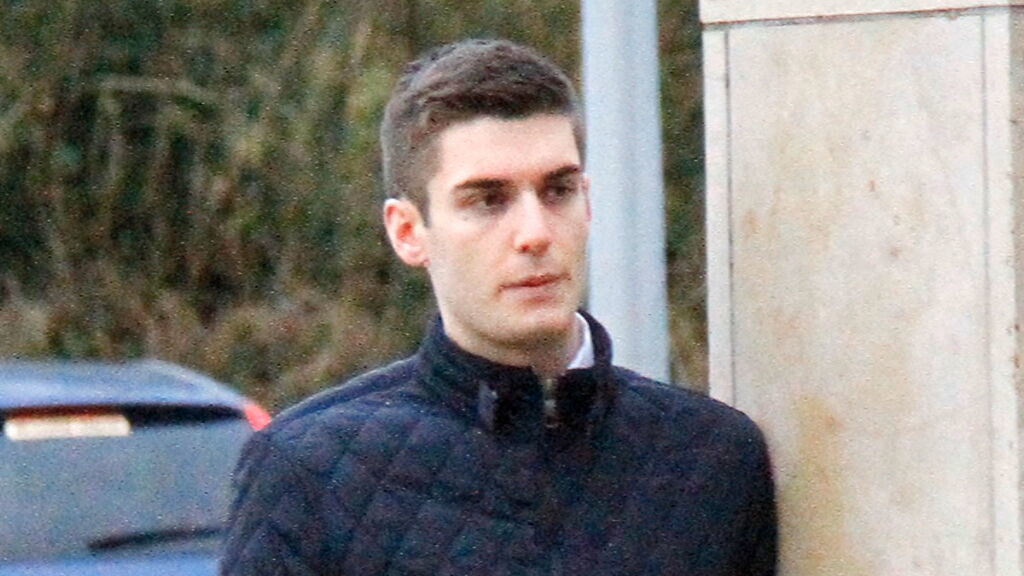 STV News
STV NewsThe civil case, which was heard in 2018, was understood to be the first of its kind in Scotland.
Civil cases require a lower standard of proof than criminal cases, with judgments made on the balance of probabilities rather than beyond a reasonable doubt.
Amanda Duffy was killed after going missing in the early hours of May 30, 1992, after a night out with friends.
Her body was found by passers-by that evening in an area of waste ground near a car park in Miller Street, in Hamilton.
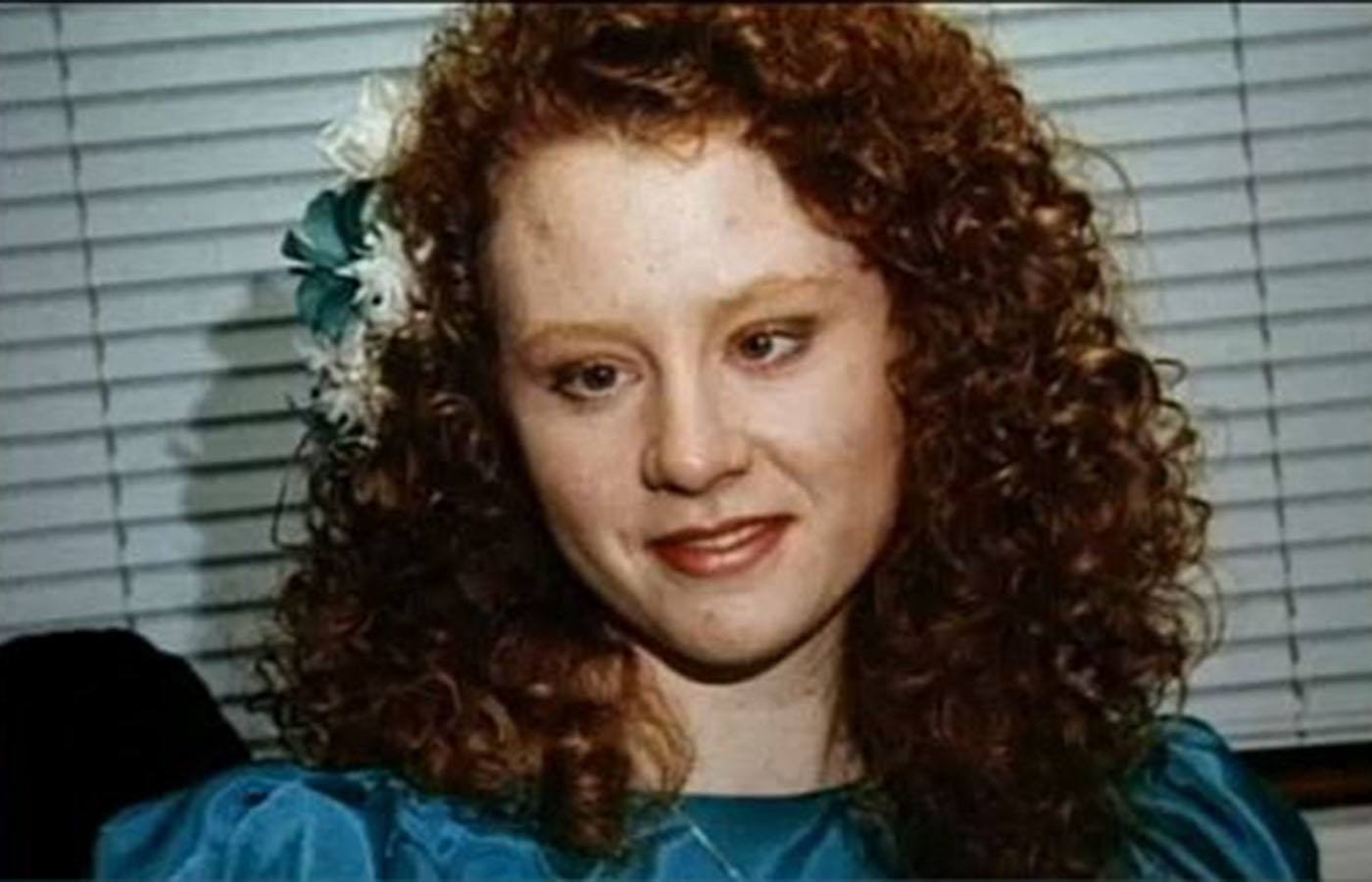 Contributed
ContributedA 20-year-old man, Francis Auld, was tried for the student’s murder after witnesses said they had seen them together.
However, jurors found the murder charge against him not proven by a majority verdict.
In 1995, Amanda’s family launched a civil case against Auld, with a judge awarding them £50,000 in damages after finding him responsible for her death.
In 2015, the Crown asked the High Court to allow Auld to be re-tried for the murder, but he died from pancreatic cancer at the age of 45 in July 2017.
Amanda’s father, Joe Duffy, has campaigned for the not proven verdict to be abolished for 30 years after his daughter was murdered.
The father of a schoolgirl who died after taking ecstasy has said his family were denied justice after the man accused of culpable homicide walked free from court.
Another high-profile case involves Grace Handling, who was 13 when she died in 2018 at the home of Callum Owens in Irvine, North Ayrshire.
Owens, who was 17 at the time, admitted giving the drug to Grace but denied culpable homicide. A jury returned a majority verdict of not proven.
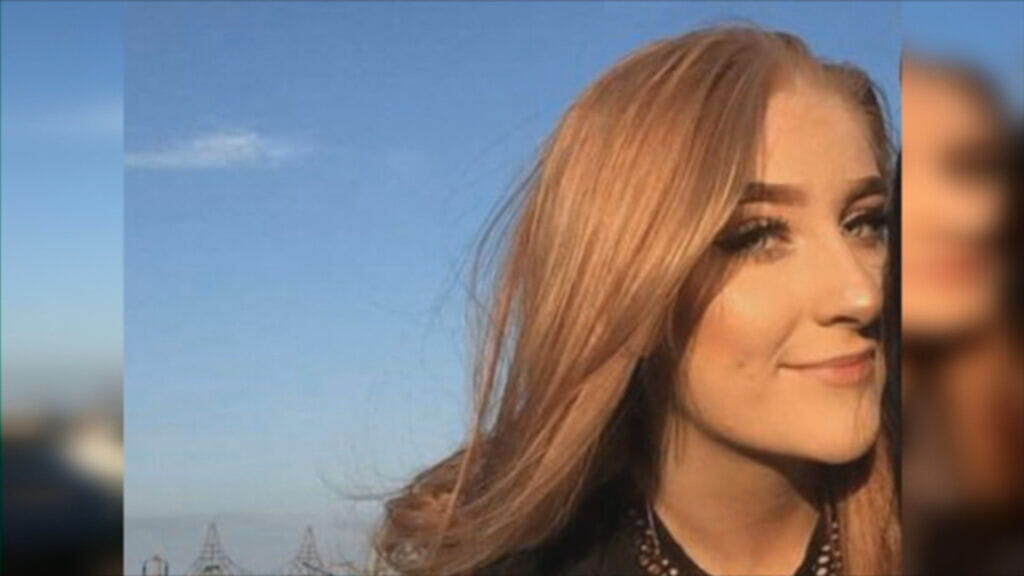 Contributed
ContributedGrace’s family have campaigned for reform of the justice system ever since.
“She was just a wee girl,” her father, Stewart Handling, told ITV News. “Justice is the missing link in the whole jigsaw.”
He said he believes there was enough evidence to convict Owens, but argued that the option of a not proven verdict allowed jurors to avoid committing to a decision.
Will the bill get enough support to pass?
The Scottish Conservatives have submitted several key amendments to the Victims’ Bill, with party leader Russell Findlay saying they won’t support it unless First Minister John Swinney accepts “common-sense changes” to strengthen the rights of victims.
Among the key amendments the party want to see are the following:
- Initiating an inquiry into grooming gangs in Scotland
- Ensuring victims are always informed if a decision is taken not to prosecute someone
- Informing all victims when plea deals are struck between defence and prosecution lawyers
- Requiring victim statements to be read out in court, by victims themselves if they choose
- Ensuring a real Suzanne’s Law, that would mean “no body, no release”
Scottish Conservative shadow justice secretary Liam Kerr said: “Parliament has the chance to reboot Scotland’s justice system so that it finally gives crime victims the rights they need and deserve.
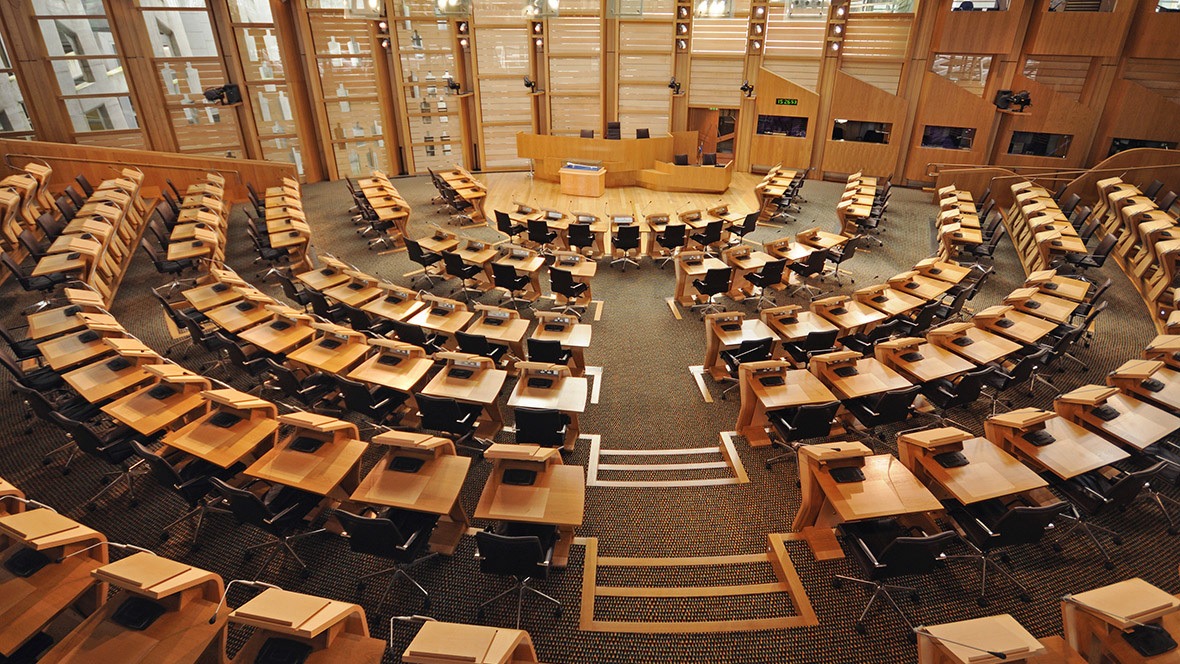 iStock
iStock“But the SNP bill, as it currently stands, fails to deliver that, so we can’t vote for it.
“At the moment, it’s a Victims’ Bill in name only – a wasted opportunity.
“The Scottish Conservatives have submitted several common-sense amendments to strengthen this bill and deliver the real change that victims’ groups demand.
“I’m pleased that the SNP have backed our calls to scrap the not proven verdict and have heeded our opposition to their juryless trials plan – but now they must go further.”
The Scottish Liberal Democrats have also tabled several amendments that would “strengthen the rights of victims of crime”.
Scottish Liberal Democrat Jamie Greene said: “We’re so close to making the experience of victims in the criminal justice system a fairer and safer one.
“I have heard from so many people who have been left not only devastated by the initial crime, but also utterly traumatised by how our system can tilt too far in favour of the perpetrator.
“My amendments seek to redress that balance by introducing and strengthening key protections for victims and their families.
“As these amendments reach their final vote in parliament today, I urge every party to recognise that the time for change is now- we cannot afford any more delays- and support my proposals.”
What is the Scottish Government saying?
Angela Constance said the bill will transform the experiences of victims and witnesses within Scotland’s justice system.
She added: “Victims will be heard, supported, protected and treated with compassion, while the rights of the accused will continue to be safeguarded.
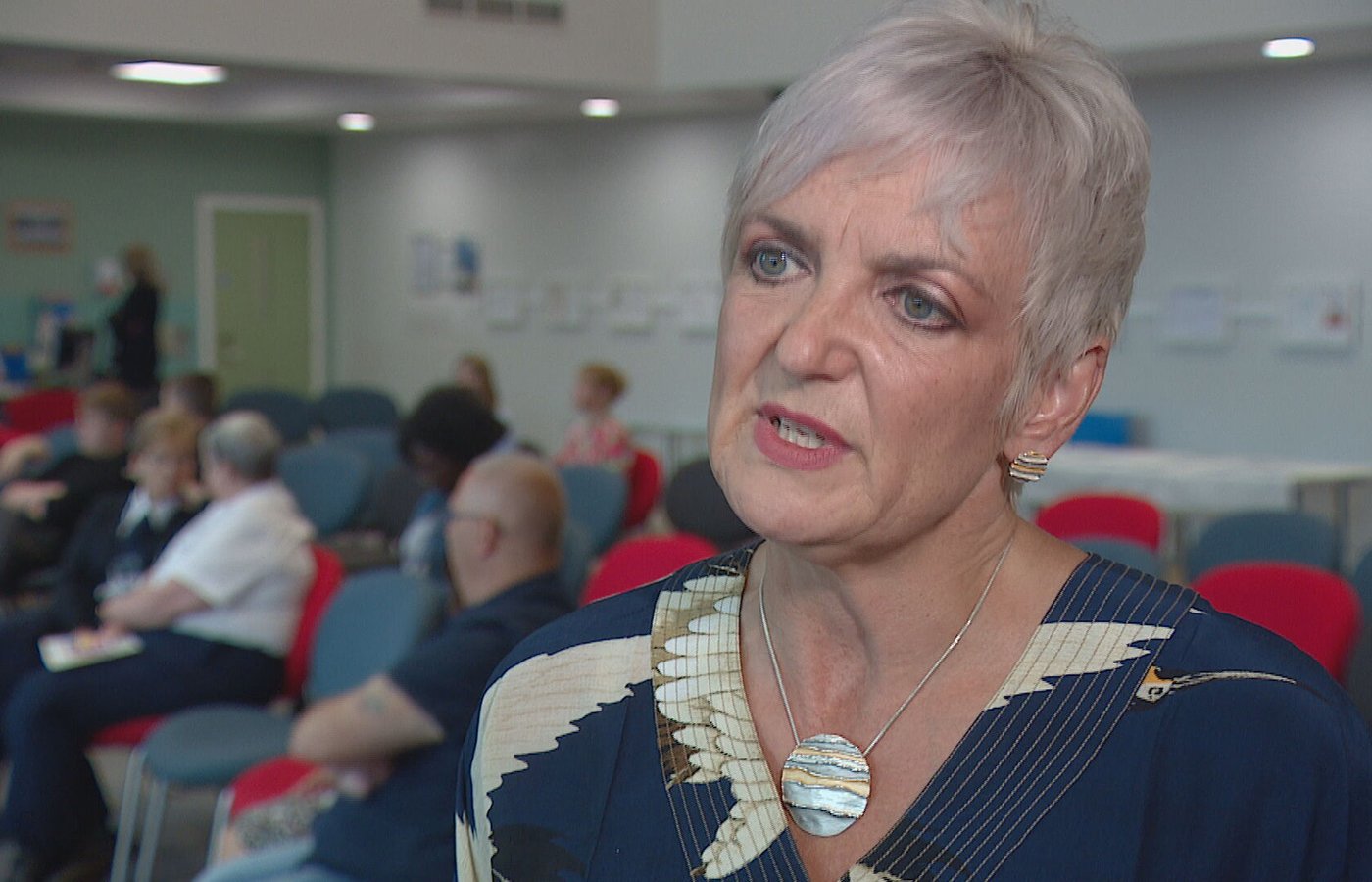 STV News
STV News“Key reforms include abolishing Scotland’s historic ‘not proven’ verdict for a clearer, fairer and more transparent decision-making process.
“There will also be wholesale reform to the management of sexual offence cases, as we know these victims, in particular, who are mostly women and girls, can be re-traumatised by the current system.
“This legislation was shaped by the voices of victims, survivors and their families who have campaigned long and hard for further change. Parliament must stand with them and help ensure the justice system doesn’t just respond to crime but helps those who have been harmed to rebuild their lives.”
Follow STV News on WhatsApp
Scan the QR code on your mobile device for all the latest news from around the country


